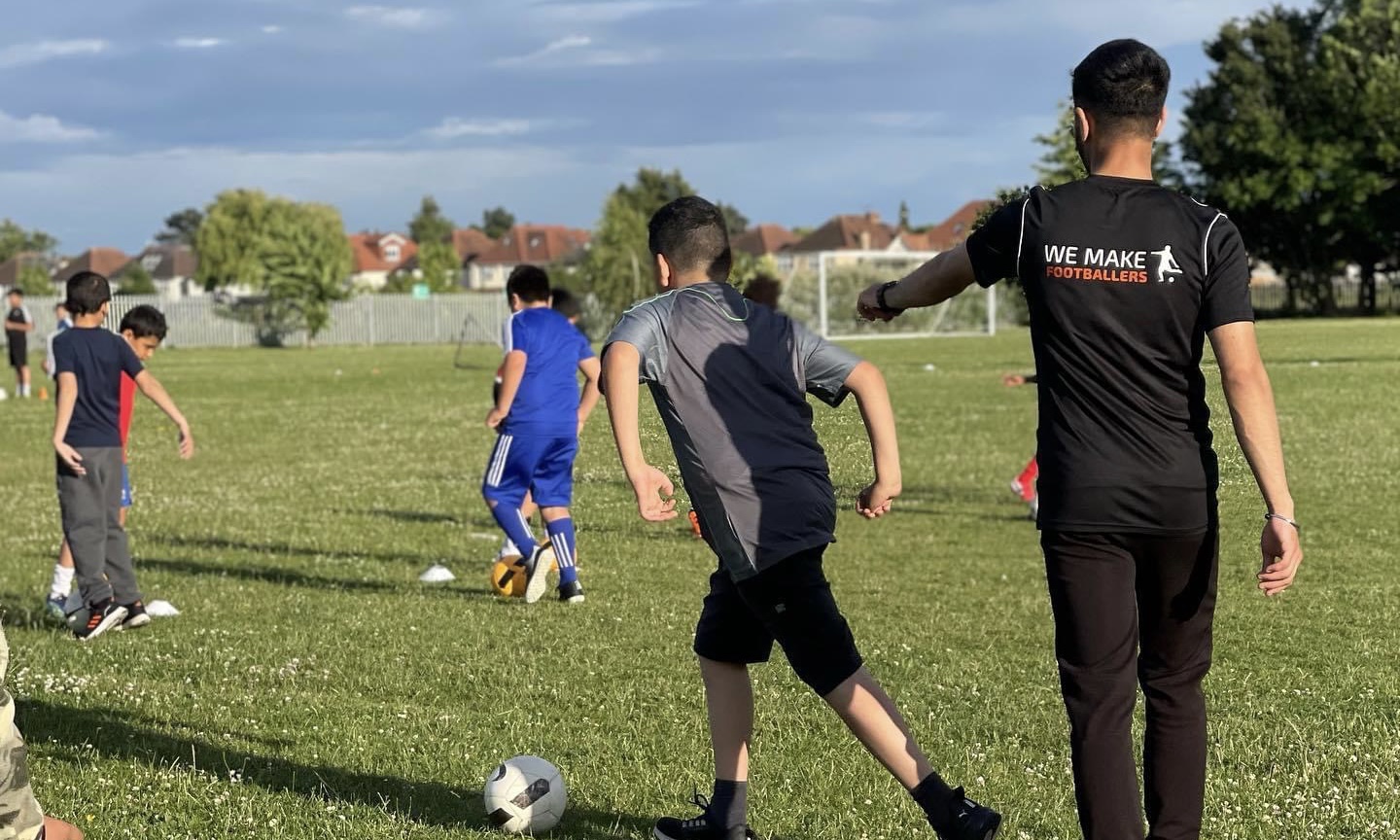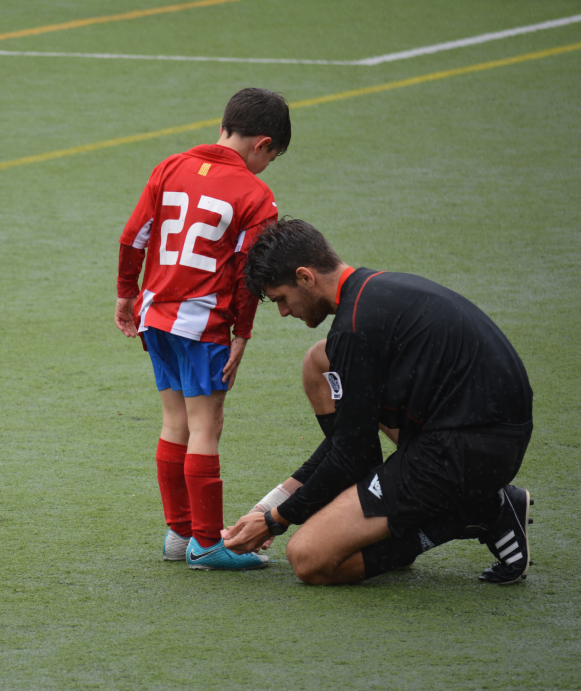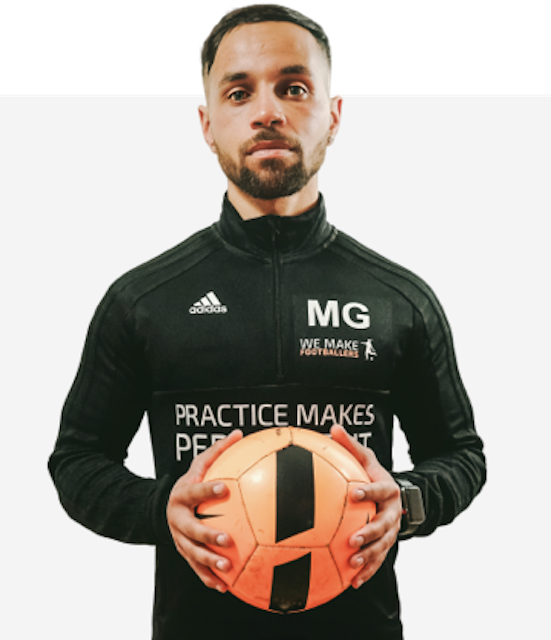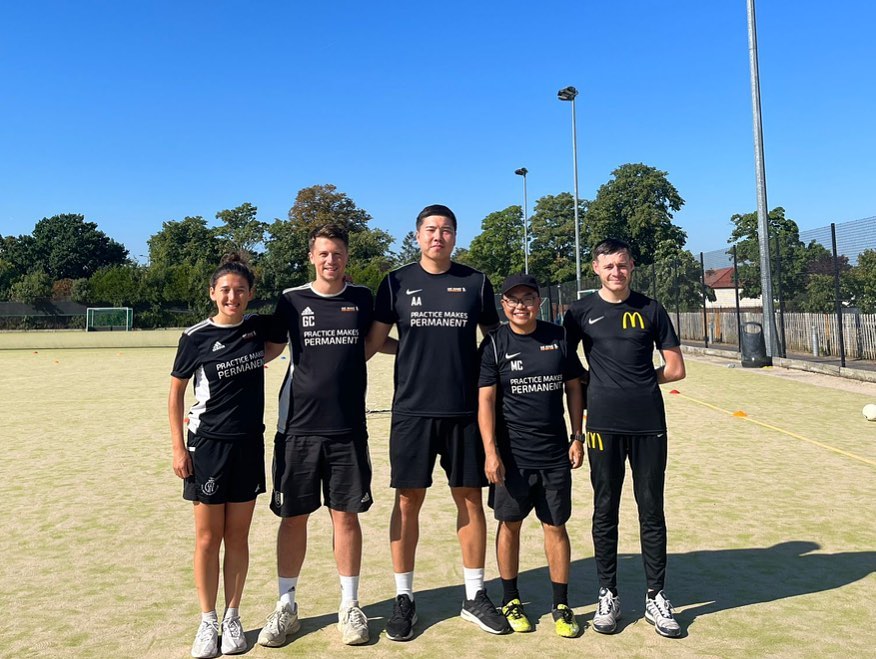Football business opportunities: Investing in a football franchise
Football is big business. The most popular sport in the world provides many business opportunities for passionate individuals to combine their love of the game with the chance to make money.
Contrary to popular belief, it isn’t an industry that is reserved for sheiks, oligarchs and those with seven or eight zeros to the funds in their bank accounts either. Business opportunities in football exist far beyond owning your own club or being a wealthy benefactor, neither of which will help you improve your financial situation anyway.
No, if you want to make money from the beautiful game at the same time as putting something back into the community, then there are other ways of doing it. One of the most increasingly popular methods is through a football coaching franchise, such as those run by We Make Footballers.
Here’s why investing in a football franchise is a brilliant business opportunity.
Coaching franchises are becoming big business in football
Let’s start by looking at franchises in general. Over the past four years, franchises in the United Kingdom have seen a 10 percent growth in numbers. There are now approximately 1,000 franchise systems in operation in the country employing over 620,000 people and contributing £15.1 billion to the economy.
When you combine the success of franchises in general with a sports industry worth an estimated £23.8 billion, then it isn’t hard to see that this is an area in which there is plenty of money to be made.
As football continues to grow in popularity, so do the number of children looking to hone their skills by signing up for coaching academies such as We Make Footballers. Women’s football in particular is providing a surge of interest thanks the Lionesses’ summer run to the World Cup semi finals coupled with the FA’s aim of doubling female participation in football by 2020 as more and more girls are starting to take up the game.
With Wembley Stadium sold out to watch Phil Neville’s side against Germany in November, Women’s Super League fixtures attracting record crowds in venues like Stamford Bridge and the Etihad Stadium and the likes of Steph Houghton and Lucy Bronze becoming household names, this is an exciting time to be looking at football franchise opportunities.
Investing in a football franchise gets you onboard a business with a strong reputation
You might be wondering why, if you’re going to look for a football business opportunity, you shouldn’t just set up your own company from scratch? Well, when it comes to the business of football, reputations carry more weight than they do in other sectors.
At professional level, people view themselves as more than just customers of a particular brand. They are attracted to a club based on factors such as success and reputation much more than locality; why else are there so many Manchester United supporters based in the south of England?
The same is true when it comes to football businesses further down the pyramid. If a parent is looking for the best options when it comes to helping their children take the first steps in what they hope will be a bright future in football, then more often than not they’ll select the football coaching academy with the most success stories and the best reputation.
By becoming a franchise owner rather than attempting to start from scratch, you take on an already established reputation and image. That cuts out the lengthy and costly process of building a name for yourself, which can often take years.
You’ll also be taking on proven management and work practices, which is a big help given how unique the football business is.
A football franchise business can improve lives as well as make money
Despite the example that is often set by the Premier League and top level players, the football business is about much more than making money. Nobody is going to invest in football or set up their own business in order to fail of course, but football goes far beyond the numbers as it can be a vehicle for real change across the country.
By setting up a coaching franchise, you can help give kids the chance to play the game in a way they might not have had before. That in turn creates opportunities for them to become better people as well as players, something which We Make Footballers pride themselves on.
The likes of Raheem Sterling and Kyle Walker credit football and their coaches for ensuring that they didn’t fall into gangs or crime. And while not many players will go onto achieve what those two have in the game, a football coaching academy keeps children off the streets, gives them somewhere to go and offers them a focus in life.
If you’re a businessman or woman who has always dreamed of owning a business which offers opportunities for people to genuinely change their lives, then football is one way to do it. The sport is about much more than money at the end of the day, which is why the football business is so appealing to so many – with coaching and franchising one of the best ways to get involved.












